The next scientist in my Wonderful Women in STEM series is Florence Nightingale.
Florence Nightingale was a British nurse whose work was hugely influential in changing how hospitals were run and improving cleanliness, nutrition and sanitation. Florence Nightingale's achievements are truly remarkable, she fought against the social expectations of her time to become a nurse and hugely improved the quality of patient care.
Who was Florence Nightingale?
Florence is considered to be the founder of modern nursing. The soldiers she cared for during the Crimean War called her The Lady with the Lamp as she worked all night looking after them.
Florence was the first women to be given the Order of Merit, the first women to become a member of the Royal Statistical Society ( because of her skills with numbers and presenting data ) and also received The Royal Red Cross.
A brief history of Florence Nightingale
Florence Nightingale was born in Florence, Italy, to wealthy, influential British parents. She grew up in Britain and was homeschooled by her father. Social expectations of the time meant she was expected to marry and raise a family from a young age, but Florence wanted to become a nurse. Her parents didn't approve, but eventually, Florence was allowed to train at a hospital in Germany.
She returned to England in 1853 to work in a hospital, where she was promoted to superintendent within a year. In 1954, the Secretary of War asked her to take a team of nurses to Constantinople to help injured soldiers in the Crimean War.
Thanks to the work of Florence and her team, the death rate in the military hospital dropped dramatically.
Back in London, Florence founded the Nightingale School of Nursing. She continued her work improving medical practice until her death in 1910.
Florence Nightingale's legacy very much lives on. International Nurses Day is celebrated on Florence's birthday each year and the Florence Nightingale Medal is an international award for outstanding nursing.
The recent Nightingale hospitals set up in the UK for Covid patients were aptly named after an incredible woman whose reforms in hospitals and public health saved thousands of lives.
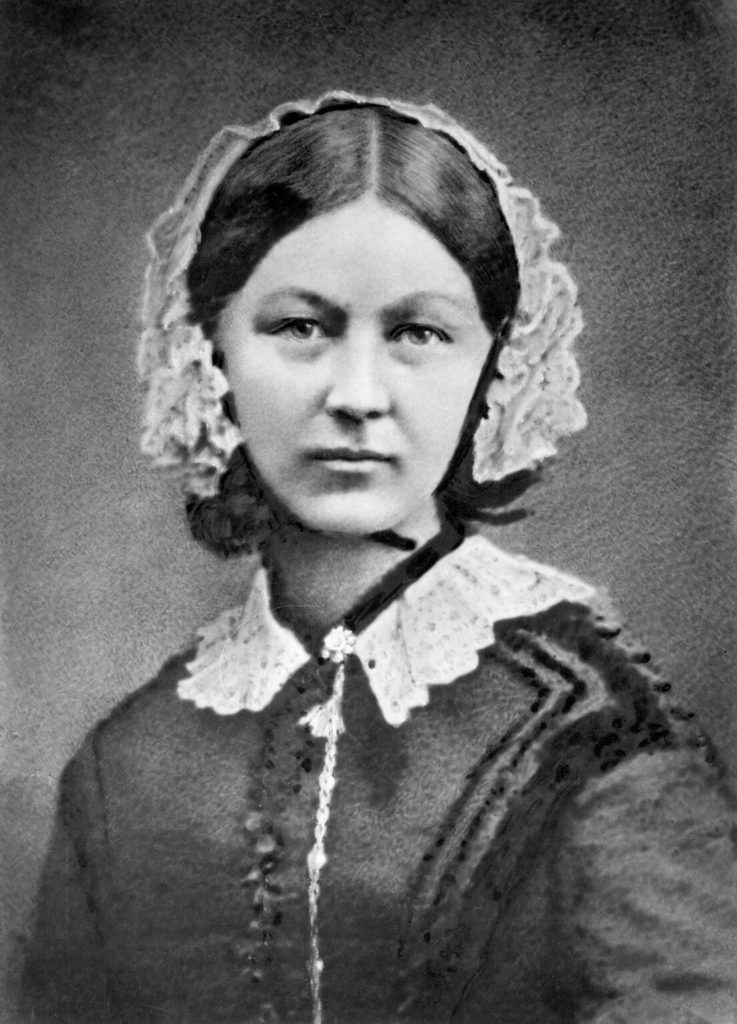
Hand hygiene activity
Children can learn about the importance of hand hygiene in preventing the spread of germs with a simple hand washing activity.
You'll need
Hand cream
Water and soap
Paper towel
Instructions - hand washing activity
Split the children into pairs and ask one child from each pair to rub hand lotion into their hands.
Sprinkle a little glitter onto the hand with hand lotion and ask the children to shake hands. They should see that they both now have glitter on their hands.
Ask both children to try to remove the glitter using just a paper towel. Does it work?
Next, try washing with just water, followed by water and soap, to see which method of hand washing is most effective.
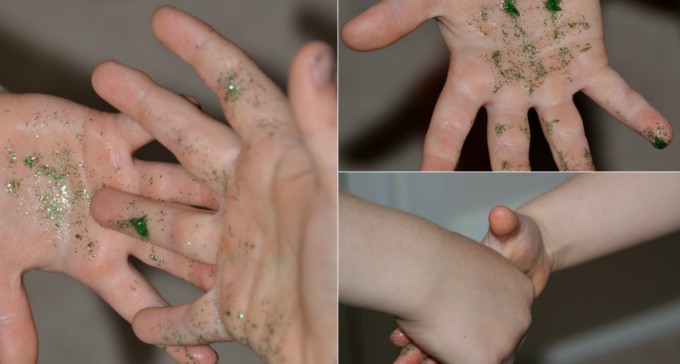
Another way to carry out this activity is for each pair of children to try a different method of washing their hands to see which removes the most glitter!
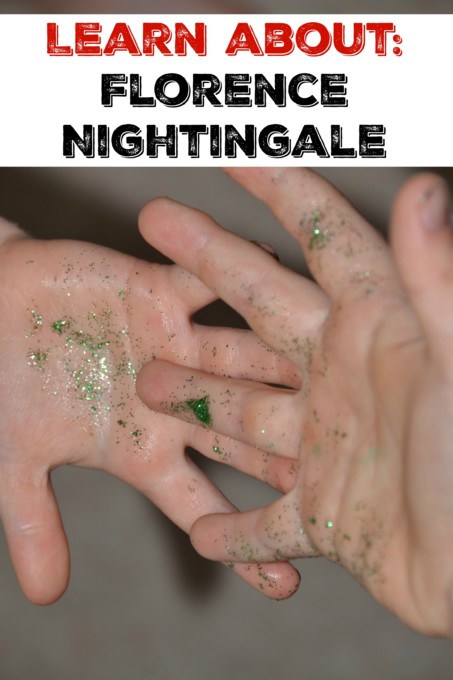
Florence Nightingale Fact File
Grab the free printable fact file and activity below!
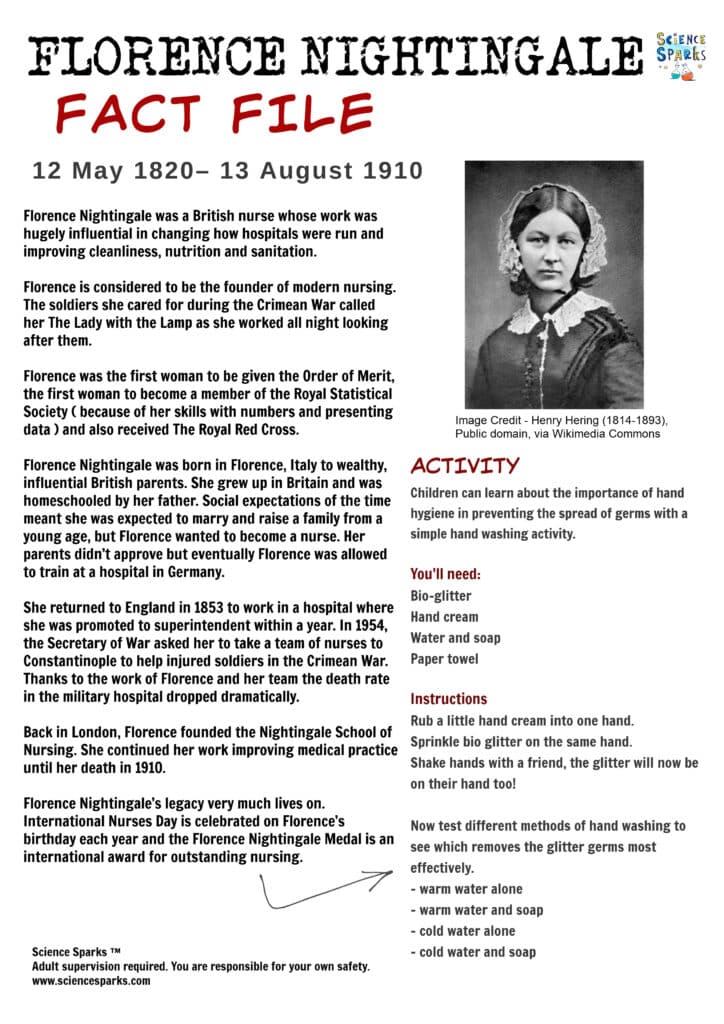
I also have an easier to read two page version available.
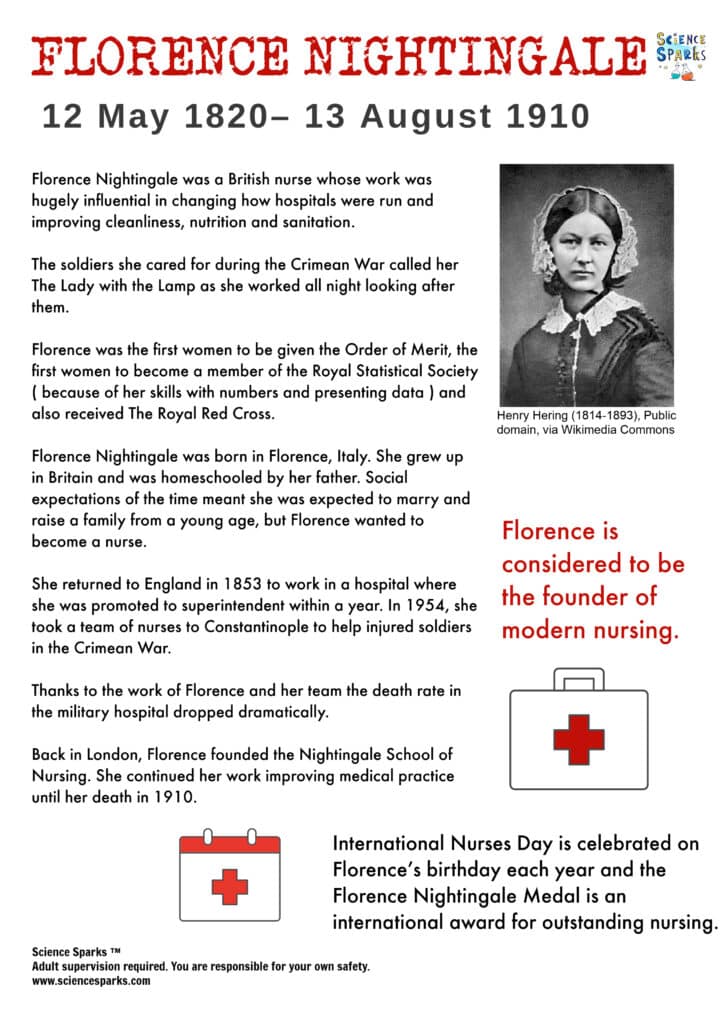
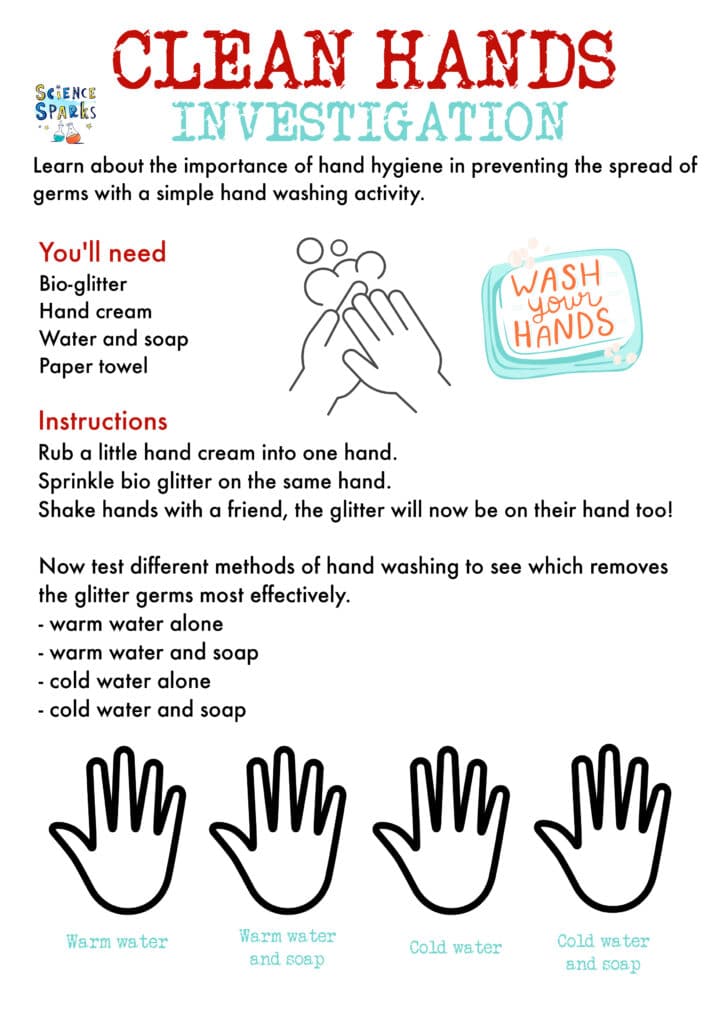
References
MLA - Alexander, Kerri Lee. “Florence Nightingale." National Women's History Museum. National Women's History Museum, 2019. Date accessed.
Chicago - Alexander, Kerri Lee. "Florence Nightingale." National Women's History Museum. 2019. www.womenshistory.org/education-resources/biographies/florence-nightingale.
Last Updated on May 23, 2024 by Emma Vanstone
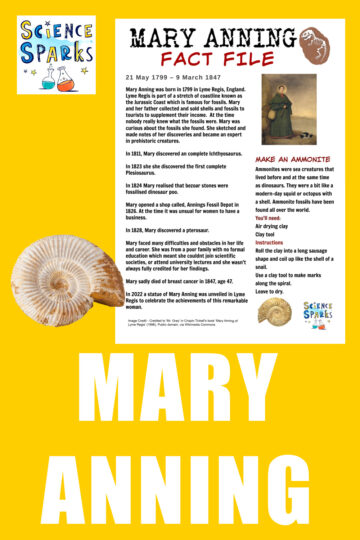
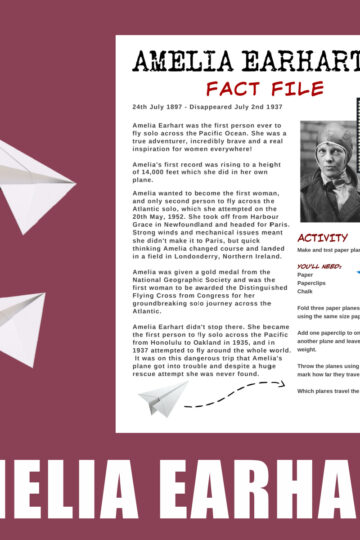

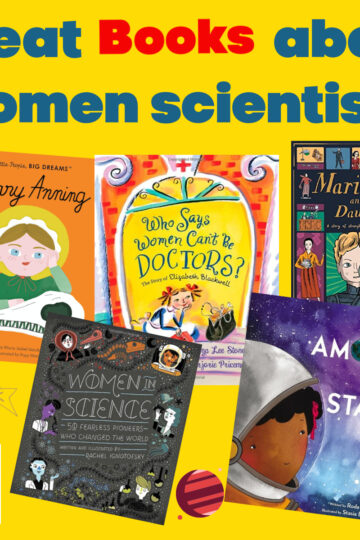

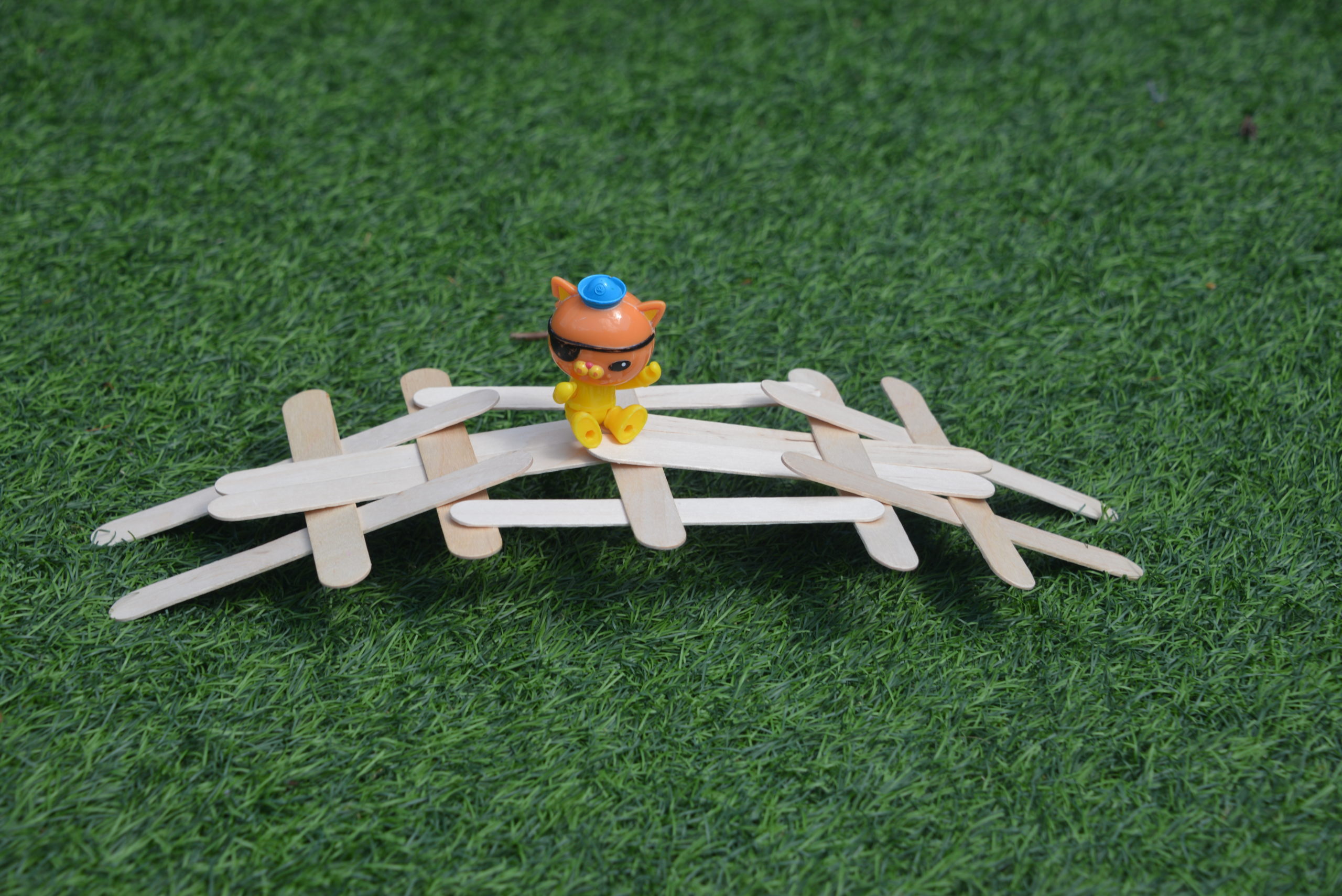
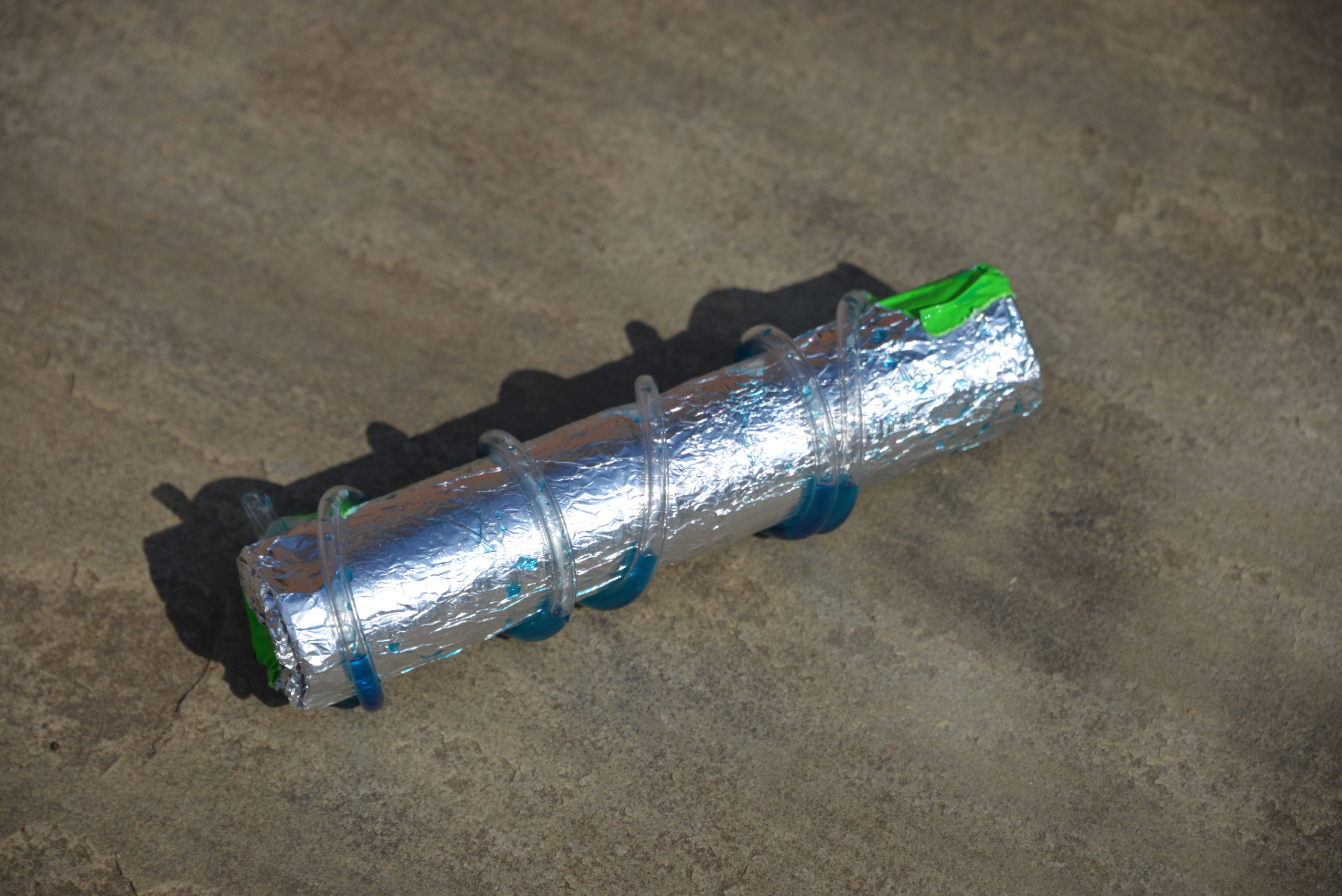
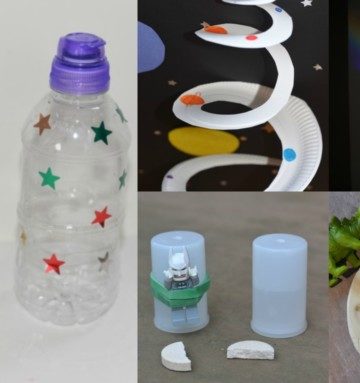
Leave a Reply